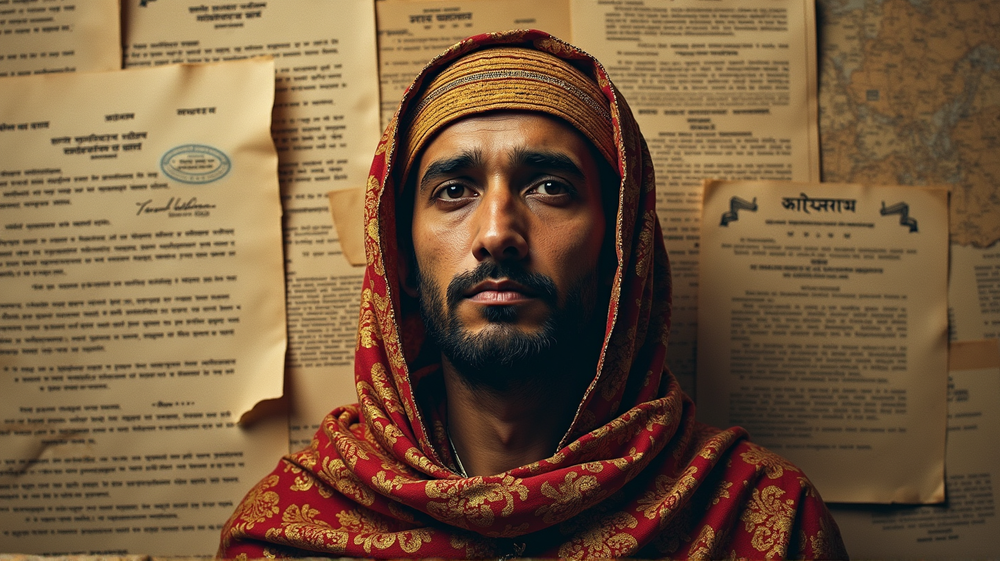In a high-profile extradition case, Tahawwur Rana’s legal maneuvers to prevent his deportation to India grabbed headlines. Despite citing over 33 health issues to halt his extradition, the mastermind involved in the infamous 26⁄11 Mumbai attacks now finds himself in the custody of India’s National Investigation Agency (NIA) for an 18-day interrogation. This marks a significant chapter in the global fight against terrorism, where the promise to overcome legal hurdles for justice prevailed.
The Health Plea That Fell on Deaf Ears
Rana’s attorney, John D Cline, passionately highlighted the deteriorating health of his client, detailing ailments ranging from Parkinson’s and bladder cancer to coronary artery disease and latent tuberculosis. These health concerns, accompanied by fears of torture in Indian prisons, raised questions about the ethics of extradition. The compelling arguments pointed to a dire picture of Rana’s future, emphasizing his vulnerability due to his religion and origin. According to NDTV, these pleas were ultimately dismissed by US authorities, upholding international protocols and dismissing claims of potential torture.
US State Department’s Decisive Stance
In a steadfast response, the US State Department, led by Secretary Marco Rubio, made it evident that legal processes adhered to international norms. Supporting the extradition under the United Nations Convention Against Torture, the US assured the exchange of medical information to aid Rana’s treatment abroad. Despite the emotionally charged narrative around Rana’s health, the wheels were set into motion, driven by the weight of allegations tied to the gravest terror attack on Indian soil.
NIA Embarks on Unpacking Complex Web
As Rana steps into Indian soil, the NIA takes charge, unraveling the layers of conspiracy that embroiled the world. Their mission goes beyond probing Rana’s Dubai connections and expired Mumbai lease. This comprehensive interrogation aims to shed light on shady liaisons with prominent terror operatives like David Headley and Pakistani nationals Ilyas Kashmiri and Abdur Rehman, hoping to uncover threads leading to the enigmatic figures Zakiur Rehman Lakhvi and Sajid Majeed Mir. The revelations sought symbolize a potential breakthrough in understanding the intricacies of transnational terror networks.
A Grim Reminder of 26⁄11
The extradition breathes a new life into the dark memory of November 2008, when Mumbai was scarred forever. Rana, a former doctor for the Pakistan Army, was more than an observer, as highlighted by his association with terror outfits. His childhood friend, David Headley, testified against him, painting a picture of betrayal and deceit. As Rana navigated legalities, he inadvertently paved paths for Headley’s reconnaissance missions in India, shielded under the guise of his immigration agency. These security breaches emphasize the perennial struggle against covert warfare, reminding us of the damage orchestrated from afar.
The Path Ahead
Amidst the labyrinth of intrigue, Rana’s extradition sends a powerful message about accountability beyond borders. As India stands firm in its vigil against terror, this move reflects a collaborative stance among nations determined to neutralize threats. The case, enriched by shocking revelations and diplomatic deliberations, promises to be a cornerstone in counter-terrorism history, charting the course for future judicial processes in similar battles for justice.













